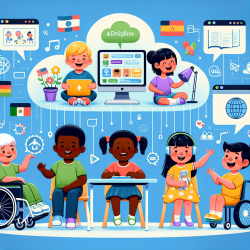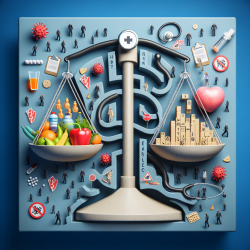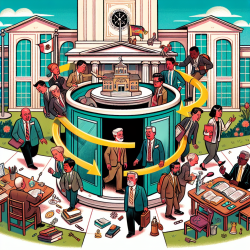The COVID-19 pandemic has undeniably reshaped the landscape of education, presenting unprecedented challenges for both students and educators. As educational institutions transitioned to online learning, students faced increased stress, isolation, and uncertainty. A recent study titled "Different Coping Patterns among US Graduate and Undergraduate Students during COVID-19 Pandemic: A Machine Learning Approach" provides valuable insights into how different student groups coped with these challenges.
Understanding Coping Patterns through Machine Learning
The study employed a machine learning technique known as Association Rule Mining (ARM) to analyze the coping behaviors of 517 graduate and undergraduate students. By transforming survey data into market basket items, researchers could identify distinct coping patterns analogous to customer purchase behaviors. This innovative approach revealed that graduate and undergraduate students adopted different coping strategies due to varying maturity levels and lifestyles.
Key Findings
- Graduate Students: Those who did not engage in planful problem-solving and experienced discriminatory language were prone to strong emotional reactions. Lack of positive reappraisal methods and social support also heightened feelings of discrimination.
- Undergraduate Students: Students who reported negative emotions often resorted to avoidance coping. Additionally, those who did not practice positive reappraisal were more likely to experience discrimination impacts.
Applying Research Insights in Educational Settings
The findings from this study can guide educators and mental health practitioners in tailoring their support strategies for students. By understanding the unique coping patterns of different student groups, practitioners can develop customized interventions that address specific needs.
Recommendations for Practitioners
- Differentiated Support: Recognize that graduate and undergraduate students may require different types of support due to their distinct coping mechanisms.
- Counseling Focus: Encourage positive reappraisal techniques among students to help them find personal growth opportunities even in stressful situations.
- Promote Social Support: Foster a supportive community environment that mitigates feelings of isolation and discrimination.
The application of machine learning in understanding student coping patterns offers a promising avenue for enhancing mental health support in educational settings. Practitioners are encouraged to delve deeper into this research area to further refine their approaches.
To read the original research paper, please follow this link: Different Coping Patterns among US Graduate and Undergraduate Students during COVID-19 Pandemic: A Machine Learning Approach.










